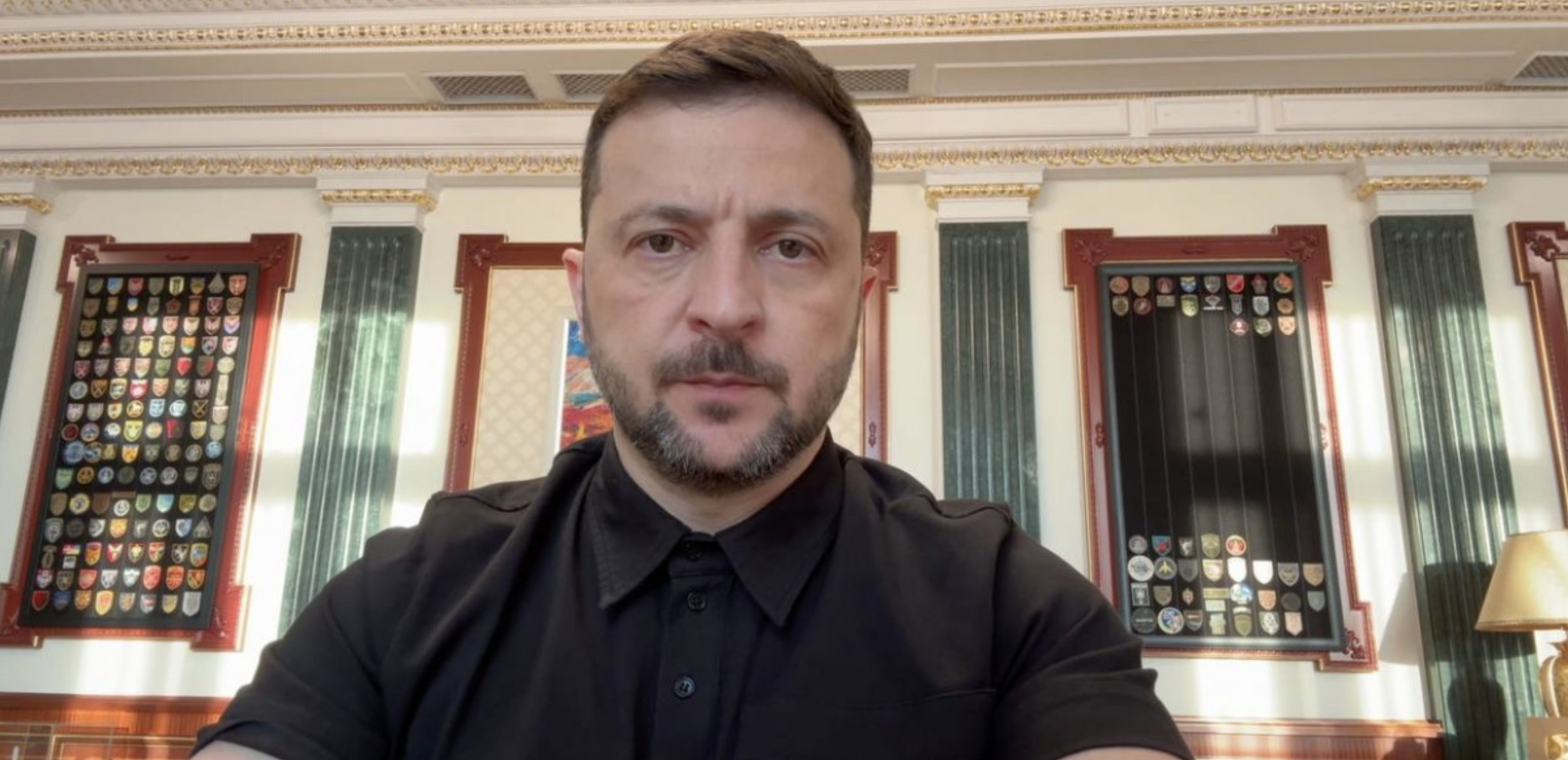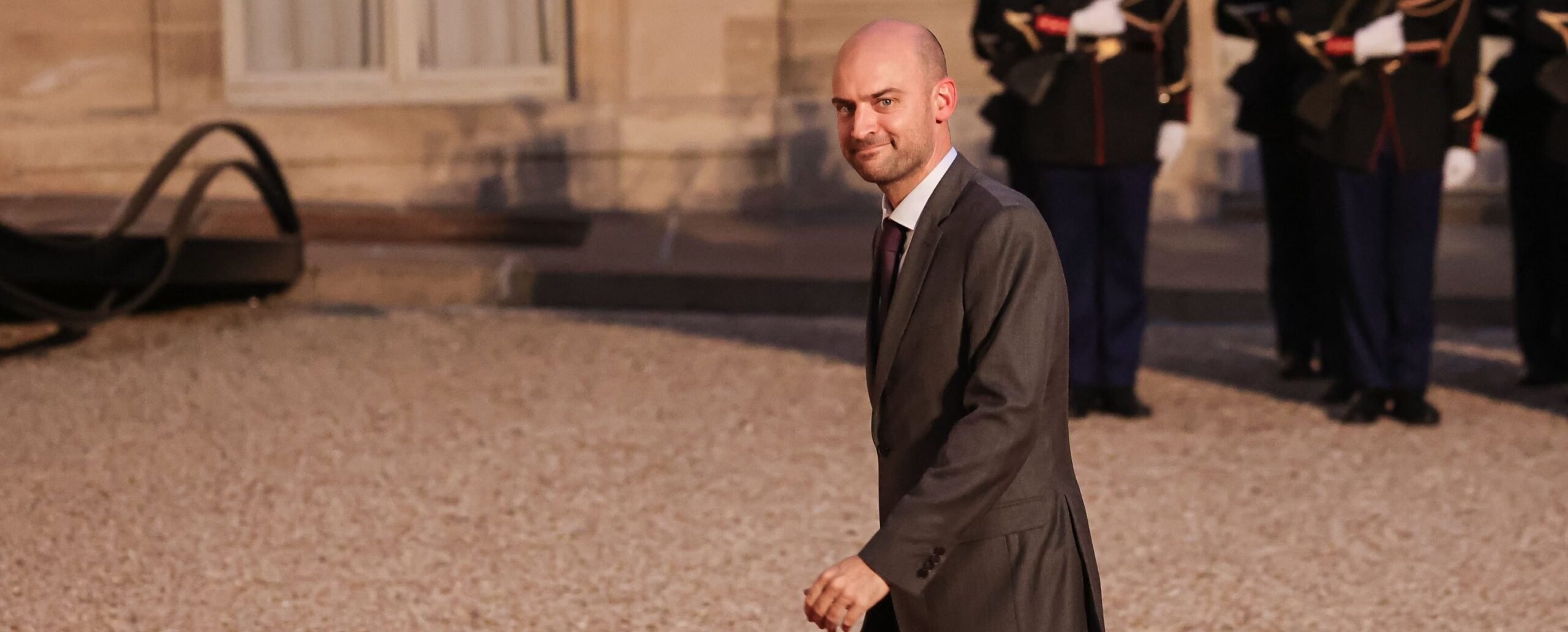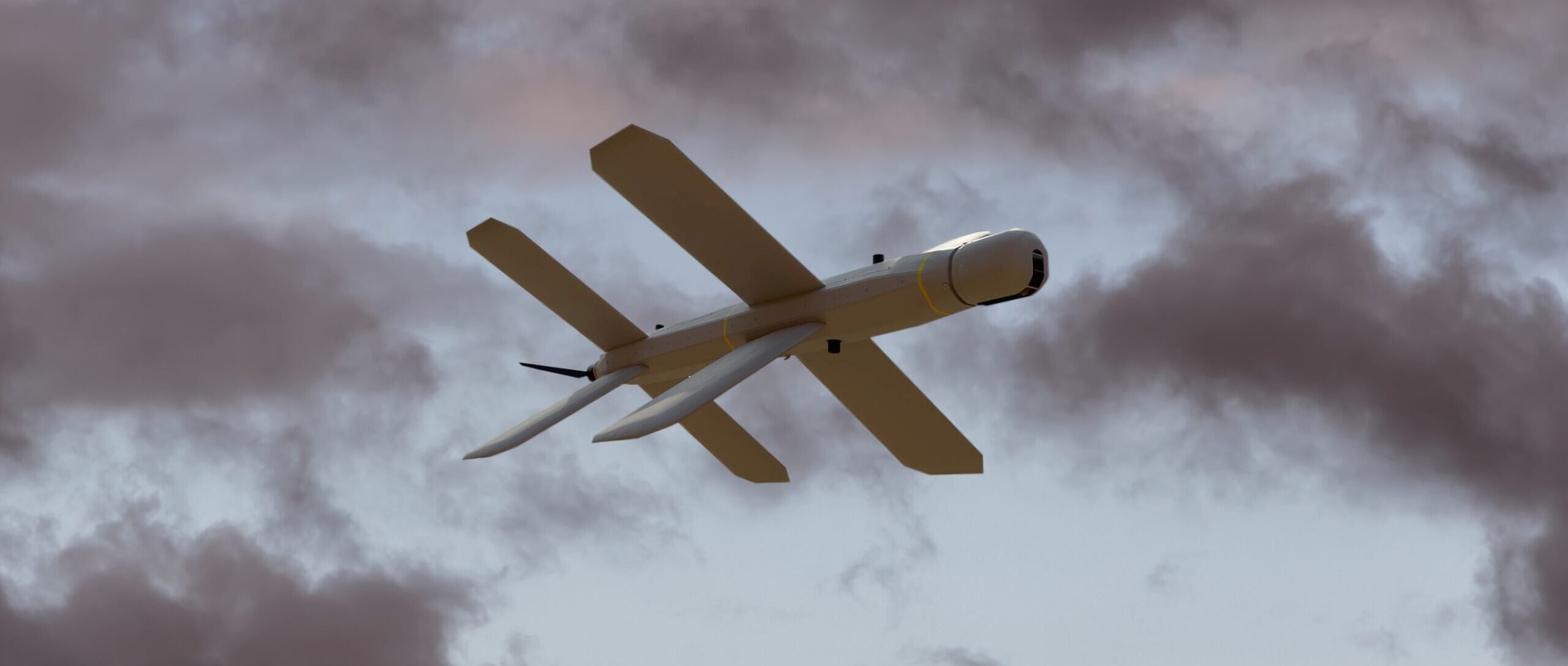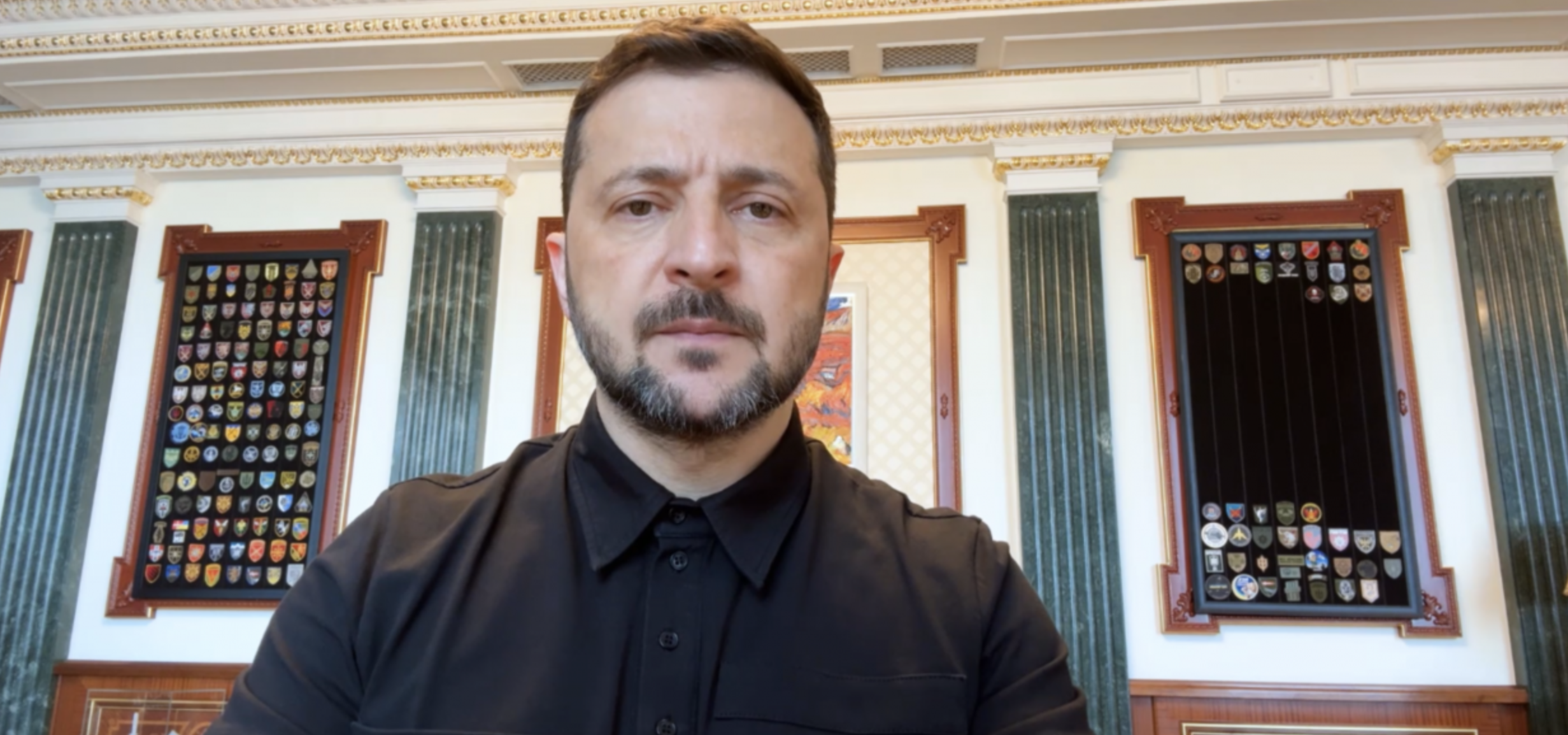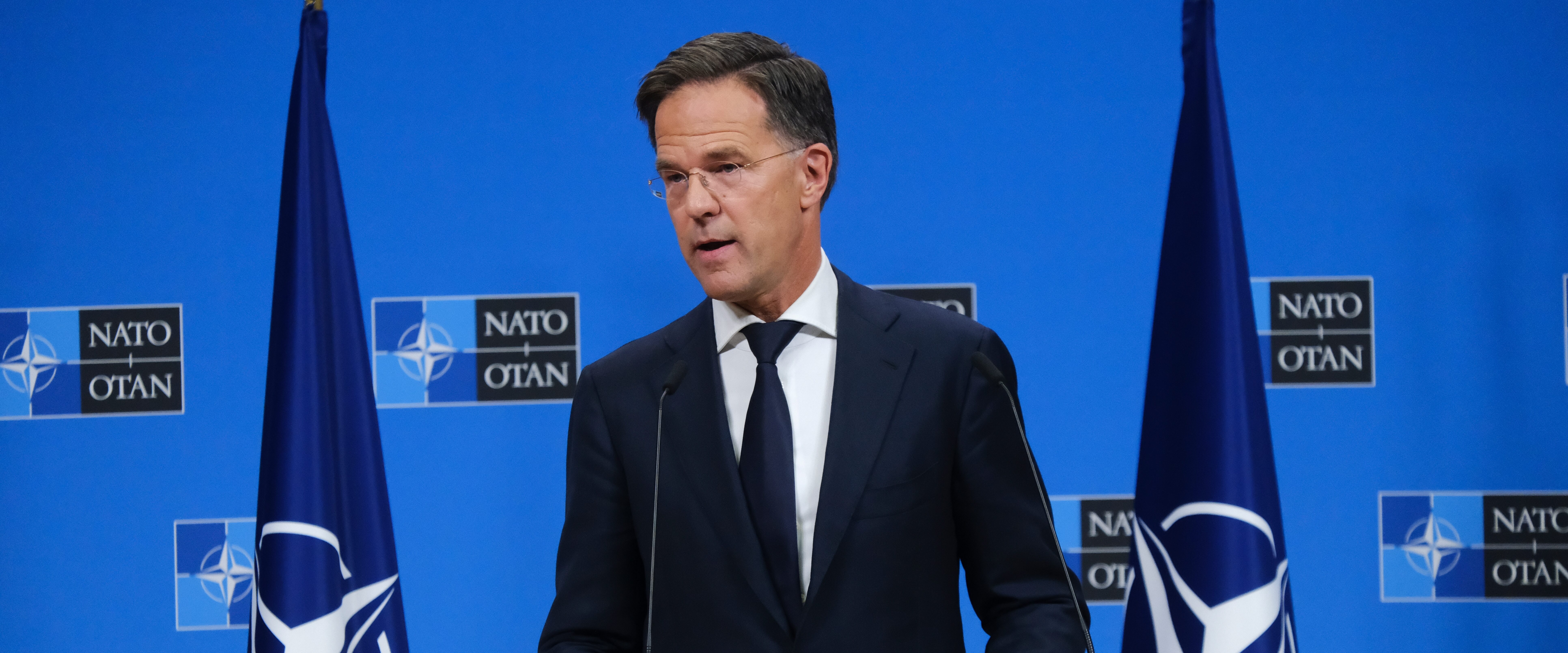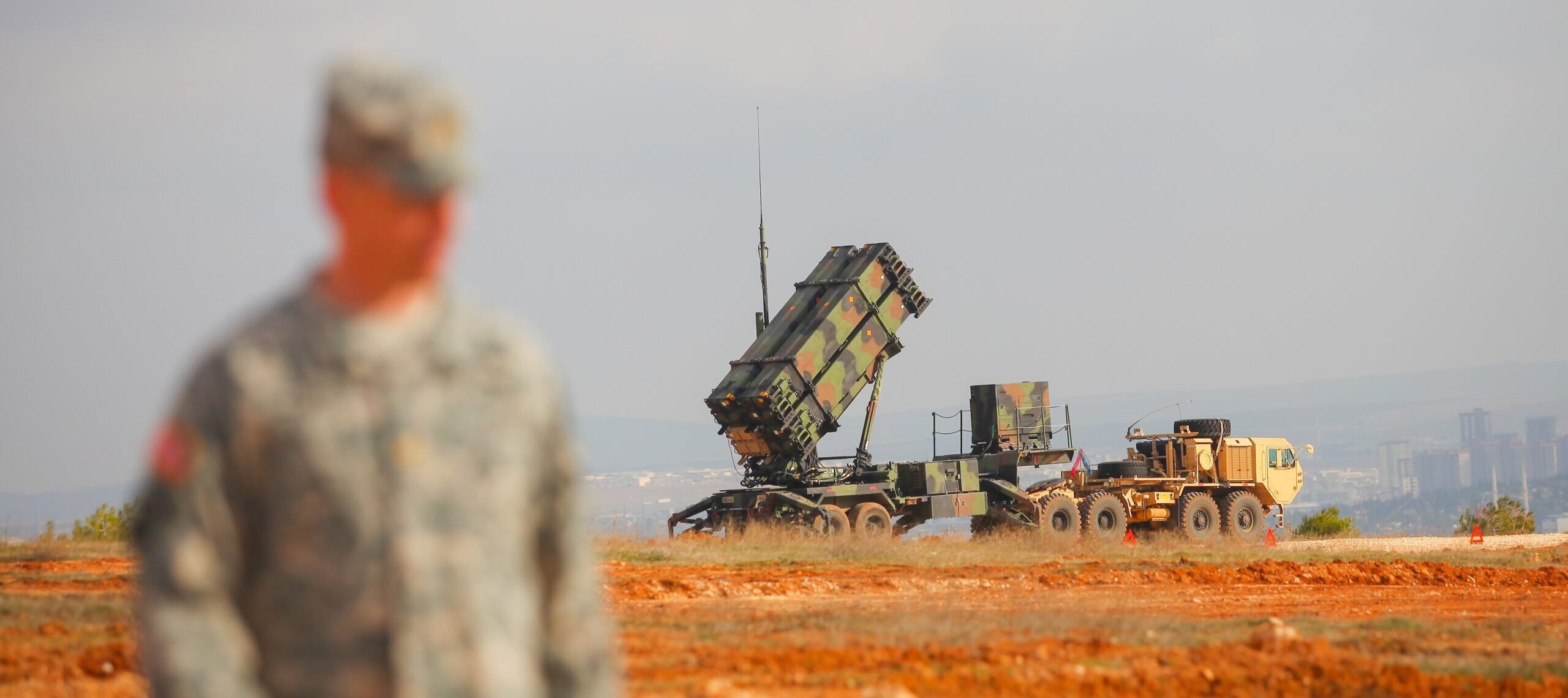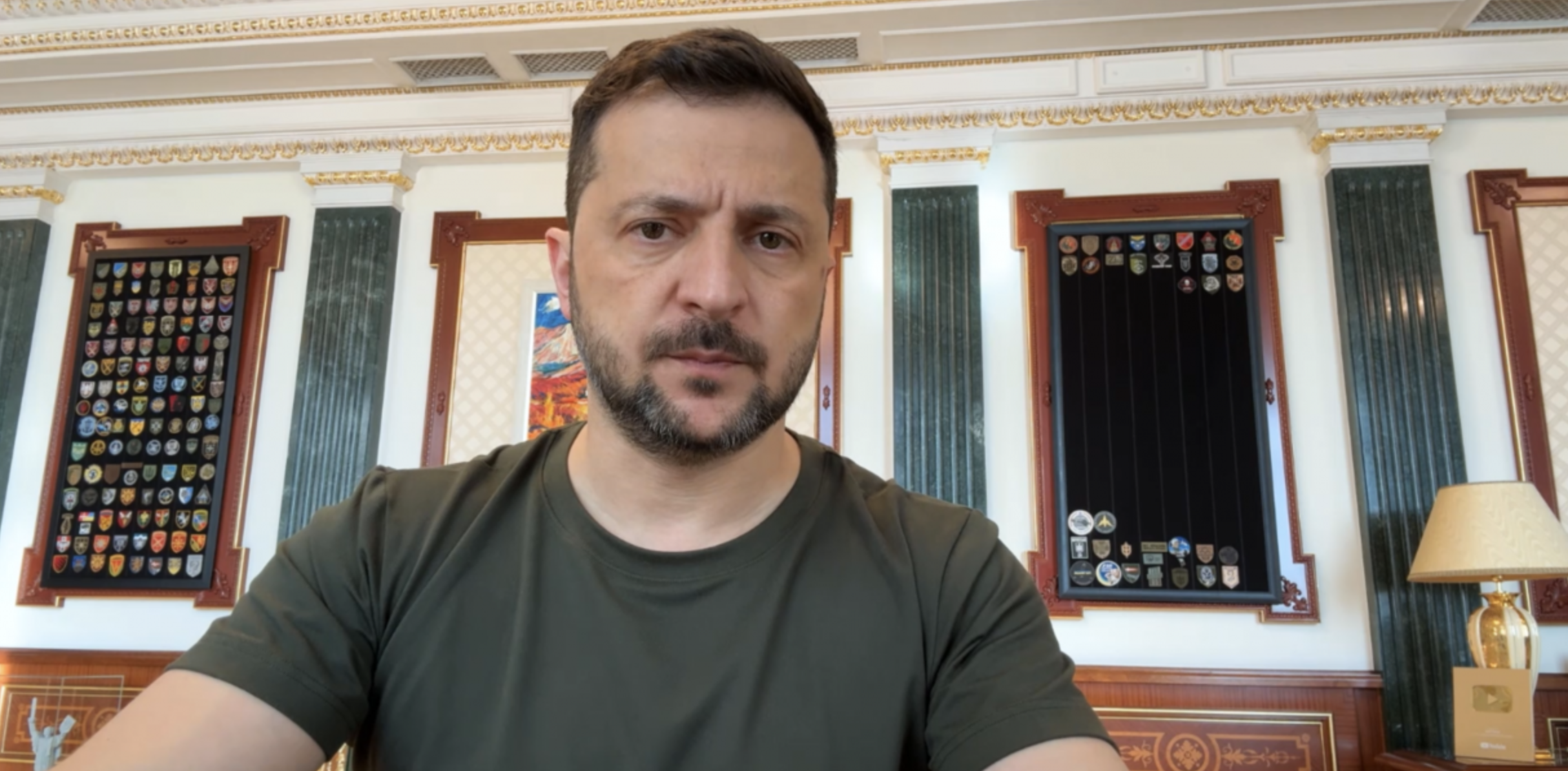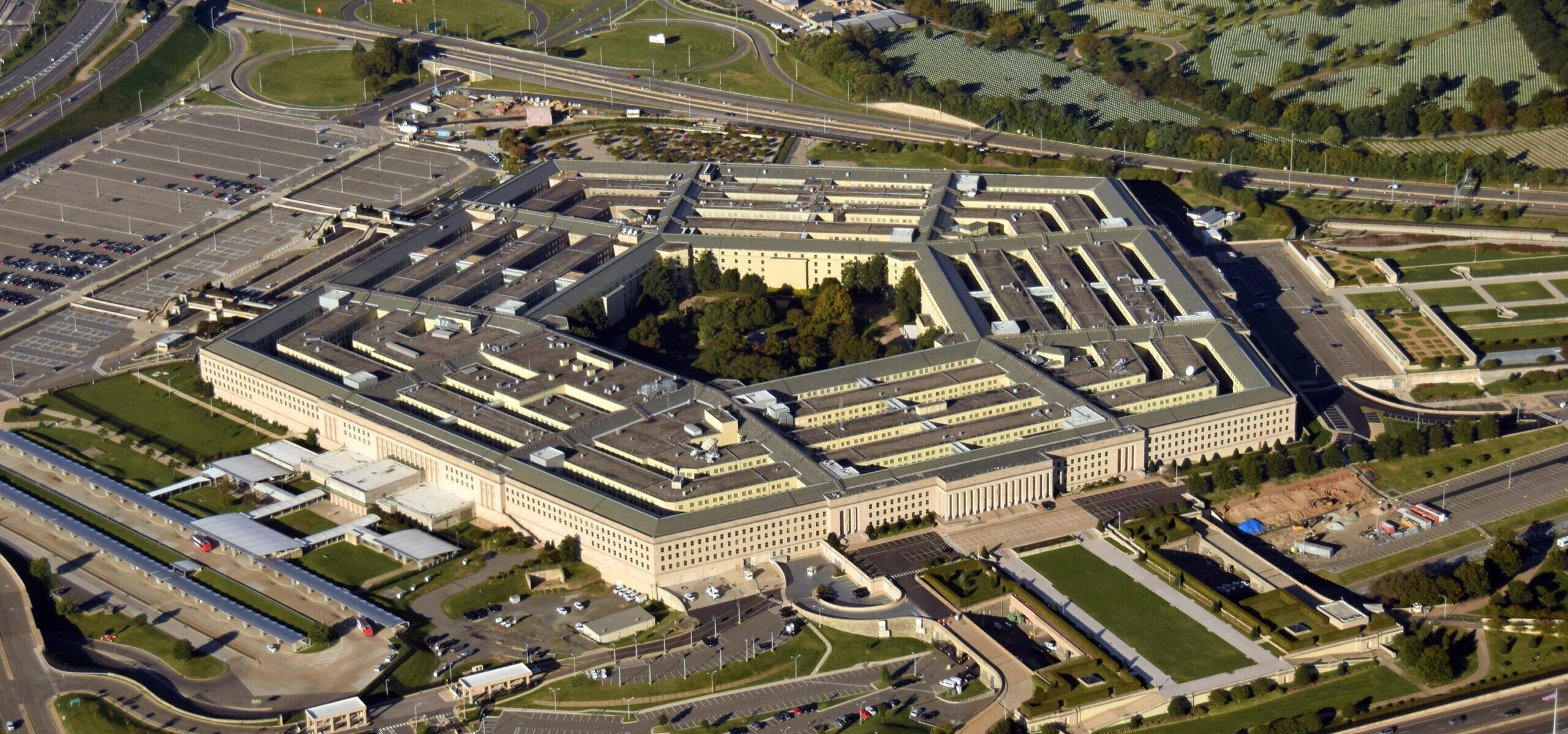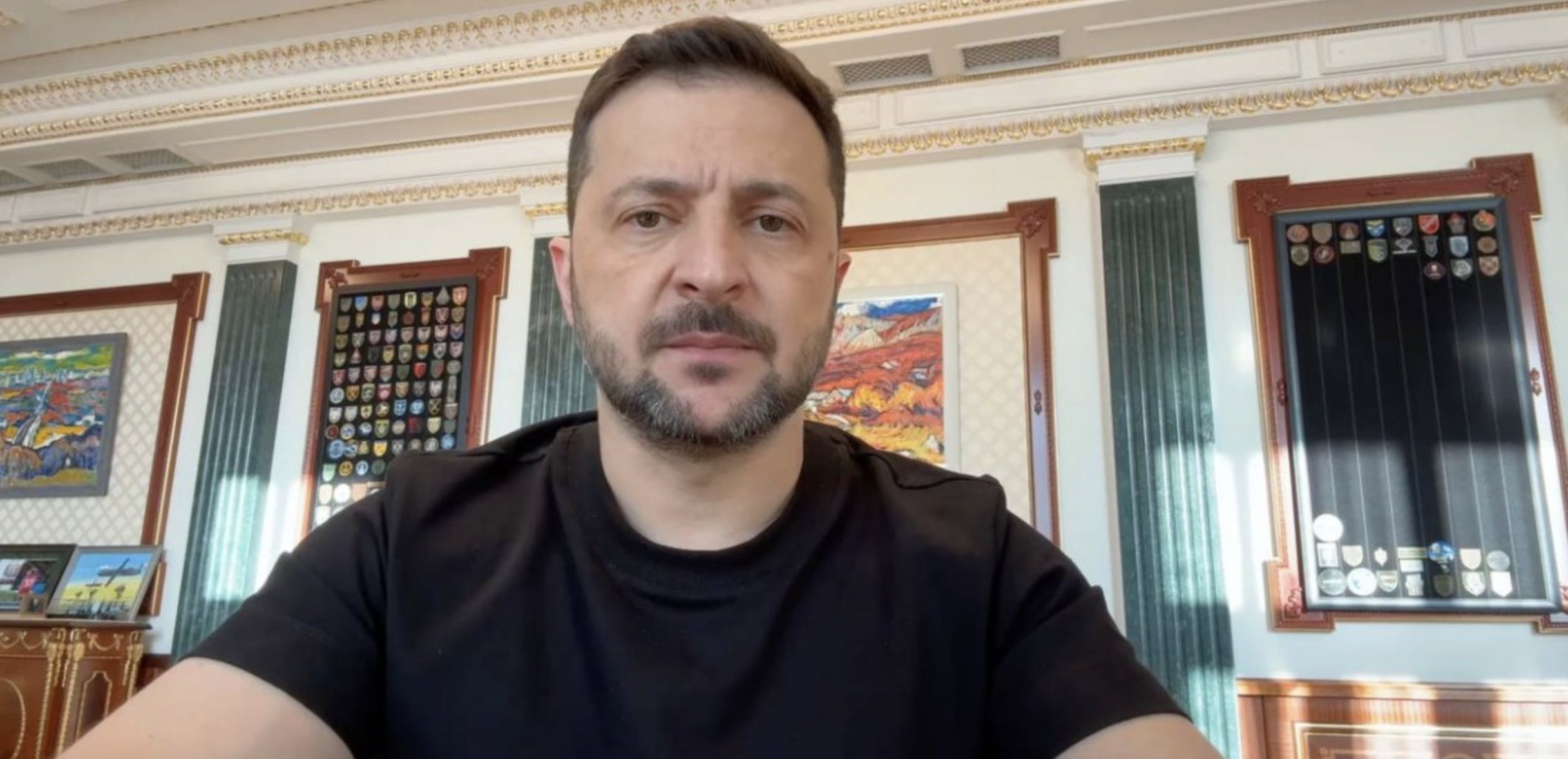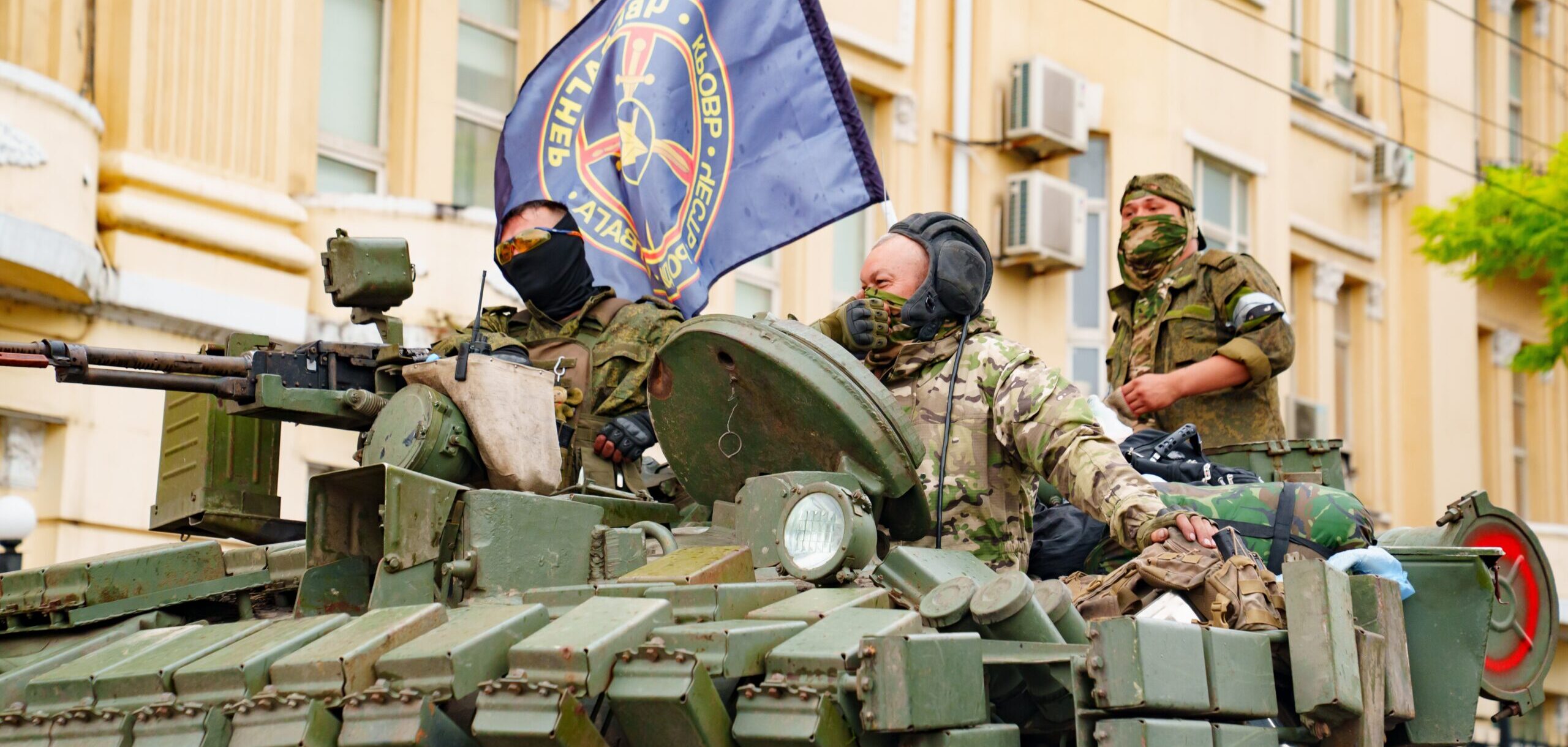
The American analytical center, The Atlantic Council, has released a study on five potential scenarios for the future of Russia by Casey Michel, an author, journalist, and director of the Combating Kleptocracy Program at the Human Rights Foundation.
The analyst considers the following versions of Russia’s future: Putin’s continued rule; Putin’s ouster, followed by the installation of a far-right, nationalistic figure or cadre; Putin’s ouster, followed by a technocratic, if still largely antidemocratic, regime; Putin’s ouster, followed by the rise of a liberal, thoroughly pro-Western government; and Russian Federation state fracture.
The first scenario envisions the strengthening of Putin’s power, the expansion of totalitarian tendencies in Russia, and the continuation of the war against Ukraine to divide the West. “A cowed Russian populace refuses to march for anything other than local concerns. Saturated in a mixture of apathy and fear – and for a good chunk of Putin’s base, even support for a revanchist war – Russians refuse to move against the regime,” Michel said.
This scenario is considered the most probable, barring unforeseen health issues for Putin. Currently, there is no reason to believe that the Russian dictator will cease his aggression against Ukraine until he faces a devastating defeat.
“Indeed, Putin’s strategy of simply waiting out the West is, presumably, his likeliest path to outright victory, not least considering the outlook for the US 2024 presidential election. And it is a strategy that must be shown to fail. The West must stand united, and must stand by Kyiv, regardless of the time horizon,” Michel said.
The second scenario envisions the rise to power of far-right chauvinists. Michel recalls the failed uprising of the Russian Wagner private military company last June, demonstrating the fragility of support for Putin, according to the analyst. This opens up numerous possibilities for radical far-right Russian nationalists who are increasingly critical of Putin both inside and outside the Kremlin.
After the failure of Prigozhin, the likelihood of a right-wing radical uprising is lower than last year, but it remains, especially in the event of a worsening economy and an increase in the number of ‘body bags’ returning to Russia.
The third scenario envisions the removal of Putin from power, with ‘pragmatists’ taking his place, attempting to entice the West with certain actions and promises of ‘rebooting’ Russia.”
Under this scenario, the new regime will establish diplomatic ties with the West, conduct swift elections, and tone down nationalist rhetoric in speeches. It will propose a resolution to the war in Ukraine by retaining Crimea and withdrawing Russian forces from the rest of Ukraine, nullifying Putin’s annexations. Russians will declare the end of Putin’s dictatorship and engage in negotiations to lift sanctions, predicts Michel.
However, such a scenario is unlikely in the near term compared to the possibility of Putin remaining in power or the arrival of an ultra-nationalistic regime. At the same time, the acceleration of such a development could be influenced by encouragement from Western partners who may seek to quickly recognize any reformist political figure in Russia.
“But Western partners, for all the reasons listed above, should be careful – or, at the least, should be careful what they wish for. After all, in the early 2000s, Western partners were happy to back a new president rising who pronounced a willingness to pursue economic and even potentially political liberalization. Nearly a quarter of a century later, that president remains in power and is now the author of the greatest bloodshed Europe has seen since World War II,” Michel said.
The fourth scenario envisions the emergence of a democratic Russia. The Russian Federation will become a field of internal protests as people demand change.
“Years after launching a series of bloody, futile wars across its former colonial space, protests erupt around the country, demanding change. Too many of the protesters’ compatriots had already died, carried home in coffins from lands no longer theirs. Global pressure, especially from the West, becomes too much to bear. And, with coffers draining, the national economy teeters, bringing back memories among the older generations of previous economic ruin. It is time for something new. It is time, at last, to put these neoimperial dreams to bed. And it is time, at last, for democracy,” Michel foresees.
This scenario is highly unlikely in short to medium term due to the chronic ineffectiveness of the opposition, as well as the demonstrative lack of support for the democratic model from Russian society, adds the analyst.
The fifth scenario envisions the dissolution of the Russian Federation. Despite seeming improbable in 2023, similar situations have occurred in Russia’s past, particularly during the collapse of the Soviet Union. Considering the accumulated problems, from setbacks in Ukraine to economic decline and internal national issues, there is no reason to dismiss such a scenario, says Michel.
“A country that refuses to recognize its brutal imperial history – a country that refuses to even recognize its role as a colonizer, obliterating and consuming surrounding nations – is always going to explode,” the analyst says.
Read the full research text by following the link.
Cover: Shutterstock
